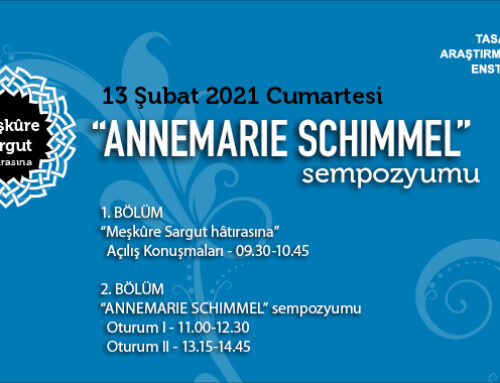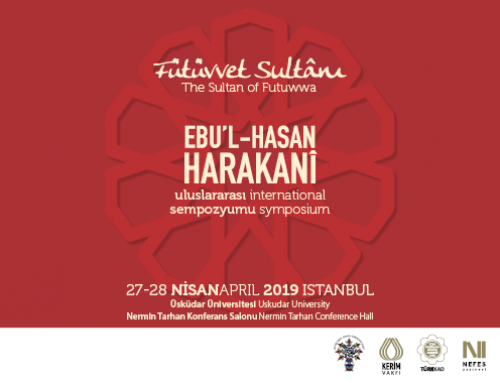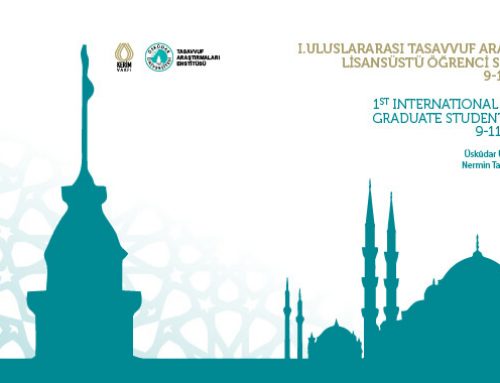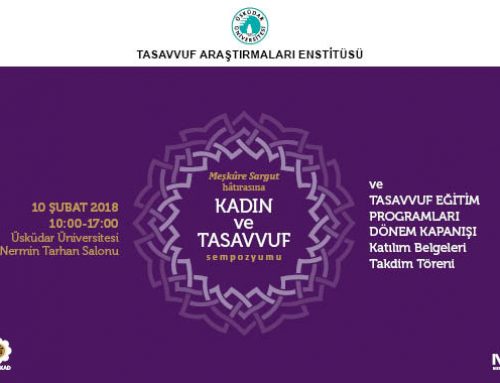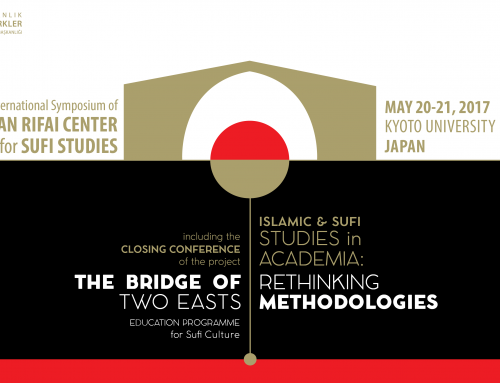Project Description
A symposium on “Islam and Chinese Civilization” was organized at Peking University of China.
An international symposium on “Islam and Chinese Civilization” was held at Beijing University between April 2-8 with the joint initiative of the Institute of Advanced Humanities of China Peking University, Kerim Foundation and Turkish Women’s Cultural Association Istanbul Branch. This symposium brought together many distinguished experts, scholars and students from around the world working on Islamic and Chinese civilization, with the aim of enriching mutual understanding and advancing opportunities for communication and interaction.
Peking University, recognized as the most important and largest university in China, hosted an international meeting on Islam for the first time.
The seeds of this meeting were sown in 2011 when Cemalnur Sargut, founding member of the Kerim Foundation and President of TURKKAD Istanbul Branch, established the Ken’an Rifai Chair of Islamic Studies at the Institute of Advanced Humanities at Peking University in 2011. The first professors of the chair were distinguished scholars such as William Chittick and Sachiko Murata, who are known for their important works in the field of Sufism. Tu Weiming, the world-renowned historian-philosopher who heads the Institute, is also the founder and current director of the Harvard Yenching Institute. Tu Weimming evaluated the work of the Chair of Islamic Studies at the Institute in the following words “All this work has transformed the cultural and especially the moral values of the Peking University community. So the contribution is not just the ability to offer lectures, but the ability to bring out Islam’s moral outlook and religious questions for China’s current introspection and self-understanding.“
Mahmud Erol Kılıç from Turkey, “The Source of Fanaticism in Religion and Modern Times”, Ekrem Demirli “Seek knowledge, even if it is in China: Some References to China in Sufi Texts”, Osman Nuri Küçük “Comparison of the Ideal Human Qualities Proposed by Lao Tzu and the Understanding of Human Kamil in Sufi Thought”, Semih Ceyhan “The Chinese Seal of Humanity: China as a mystical metaphor and reality according to Shaykh Akbar Muhyiddin Ibn al-Arabi”. Some of the participants from outside Turkey with their papers are as follows;
Mohammad Khalil, “Islam and the Fate of Others: Contemporary Corrections to Pre-Modern Assessments of the Salvation of Non-Muslims“, Kristian Peterson, “Approach to the Qur’an in China” , Mohammad Rustom, “Muslims from China”, Wang Jianping, Hua Tao from China. In addition, Ghulam Reza Aavani, one of the professors of the Chair of Islamic Studies at Peking University and a well-known Islamic philosopher in our country, took part in this symposium with his papers.
Cemalnur Sargut and Tu Weimming opened the symposium together. Cemalnur Sargut also contributed to the meeting with her paper titled“Comparison of Islamic Sufism and Ancient Confucian Understanding” in which she evaluated the view of Islamic mystics and Confucius.











































